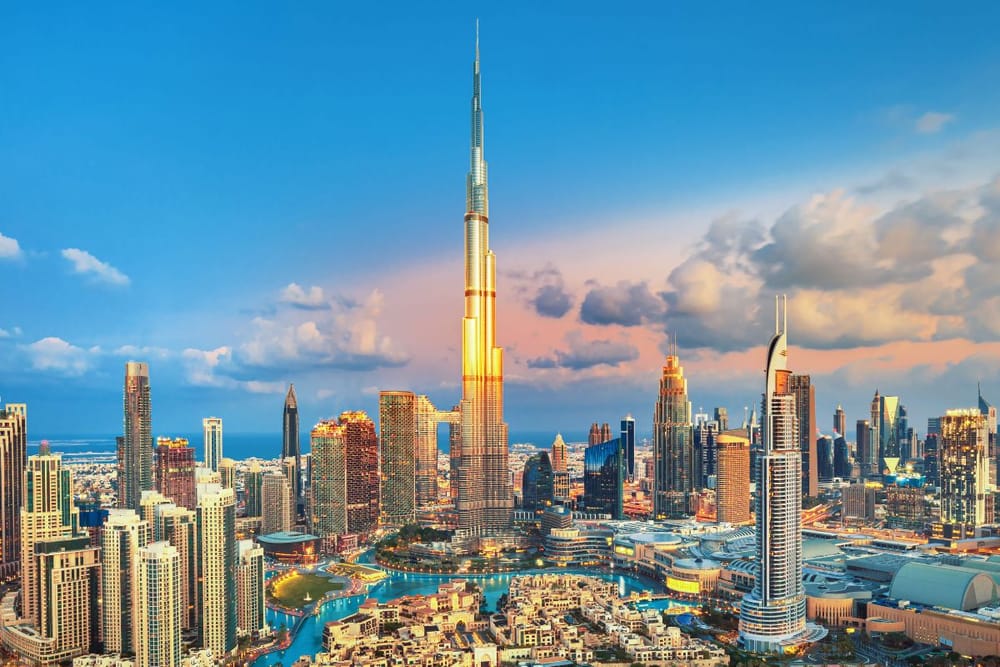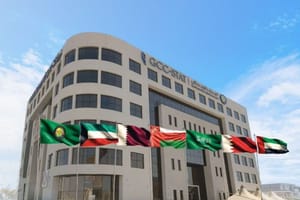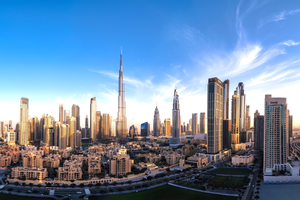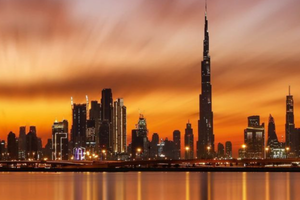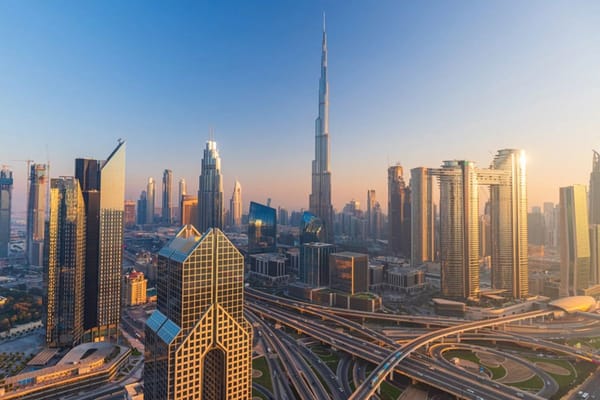The UAE experienced a notable increase in the cost of living during the first half of 2024, driven by an influx of foreign professionals and high-net-worth individuals.
According to Numbeo, Dubai's ranking in the cost of living index surged from 138th at the beginning of the year to 70th by June, while Abu Dhabi's rank jumped from 164th to 75th.
Global factors, including rising import prices, have contributed to inflation in the UAE. Petrol prices, aligned with global rates, increased from Dh2.71 per litre in January to Dh3.22 in May, before dropping slightly to Dh3.02 in June.
Post-pandemic, the UAE's rental market has been particularly affected. Dubai and Abu Dhabi have seen rental prices more than double in some areas due to the demand from foreign professionals. Dubai Land Department reported a 5.9% increase in rental registrations, reaching 255,178 by May 2024. Additionally, Dubai's inflation rate, as per the Dubai Statistics Centre, rose from 109.91 in January to 111.34 in May, influenced by costs related to housing, utilities, and transport.
To manage inflation and stabilize basic commodity prices, the UAE’s Ministry of Economy has implemented a price cap on nine essential goods, including cooking oils, dairy, and bread. Retailers must obtain prior approval to raise prices.
Despite the rising costs, the quality of life in the UAE has significantly improved. Numbeo's quality of life rankings saw Abu Dhabi rise from 54th to 17th and Dubai from 57th to 49th in the first half of 2024. This improvement is attributed to enhanced healthcare, education, and other facilities. The World Bank's latest classification also placed the UAE among high-income countries.
Initiatives such as mandatory healthcare insurance starting next year and job loss insurance schemes have bolstered employee sentiment and overall quality of life. Abu Dhabi continues to be ranked the world's safest city, followed by Doha and Dubai, reinforcing the UAE's appeal as a prime destination for expatriates and investors.
News Source: Khaleej Times
